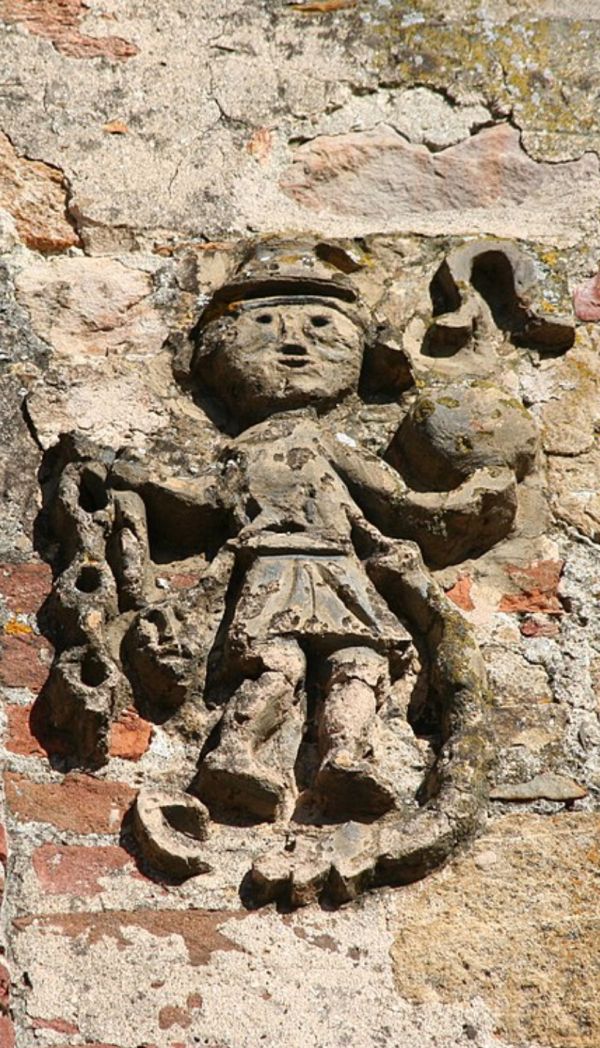(Mk 9:41-50)
In language typical of Oriental liveliness, Jesus' exhortations to coexistence overturn the hierarchy between the powerful and the weak.
In religions we find droves of outcasts who cannot access the trappings of pyramid devotion.
On the contrary, those who, like Jesus, are able to give everything, must not forget the small gestures, which speak of a 'non-exemplary gratuitousness' that is therefore authentic [limited in the day-to-day].
It is this coming to meet in ordinary life - little praised - that enhances the climate and does not push the weak to resentment, and evil.
The new ‘doctrine’ of Jesus is wise and aimed at making decisions. And it doesn’t lose enthusiasm; indeed, it already makes us experience the same quality of Life as the Eternal, moving away from what corrupts.
Those who are completely absorbed in “the great” and do not notice the details, never have a sense of the value of things, and sooner or later they will end up despising everything.
Jesus identifies with us (v.41) because he lives there: we are his real, incarnate Victory.
A stumbling block or even just a small stone in the shoe (v.42) leads the «mikròi» away from the path of Faith.
The «incipients» - in fact, those with little energy and relationships - are starting to take their first steps... they are still out of interest cartels.
Those who pretend and put themselves in the wrong way, or give dull and bad testimony, however, have more in store than a pebble: a grindstone around their neck and an unworthy end [deadly existence: v.42].
Not because God makes pay, but because they throw their lives away and ruin others, who finally walk away in repugnance - while the sharing adventure could be wonderful for everyone.
The choice - if there is one - is radical, or no longer convinces. And the smell that is released is worse than stinking (v.43).
Instead, the community in which joy is experienced is like that pinch of sapidity and wisdom that makes people's spontaneous vital wave full - beautiful.
It was customary in the religions of the empire to think this, even in the name of the law... so what is the difference?
«Having salt in ourselves» (v.50) means that in Christ we can give minimal and usual things that tone and ‘taste’ capable of transmitting to others the flavor of a life as saved - starting ‘from inside’.
In the culture of the ancient Middle East, «salt» was related to God and therefore also had a religious importance: a symbol of durability [for preserving food] and courage [flavor, seasoning, purification].
Salt had the power to cast out demons, which corrupted life and gave off stench. For this reason it was widely used in religious sacrifices and in establishing Alliances.
In short, the salt was a guarantee of genuine durability.
But the salt of 'sons' is only... humanising wholeness, simple Love of neighbour, and the ability to correspond to one's own Vocation.
If it were not there, the very character of life in Christ would disappear.
Therefore the «salt pact» is essential for credibility, for the announcement, for the standard of living; for the very survival of the communities, and their unmistakable touch.
No other defense work from the outside - inquisition, prevention or repression - can guarantee the survival of the Church.
For our human, spiritual and life progress, Jesus takes sides perhaps not as we would expect - because no one is given the exclusivity.
[Thursday 7th wk. in O.T. February 27, 2025]












